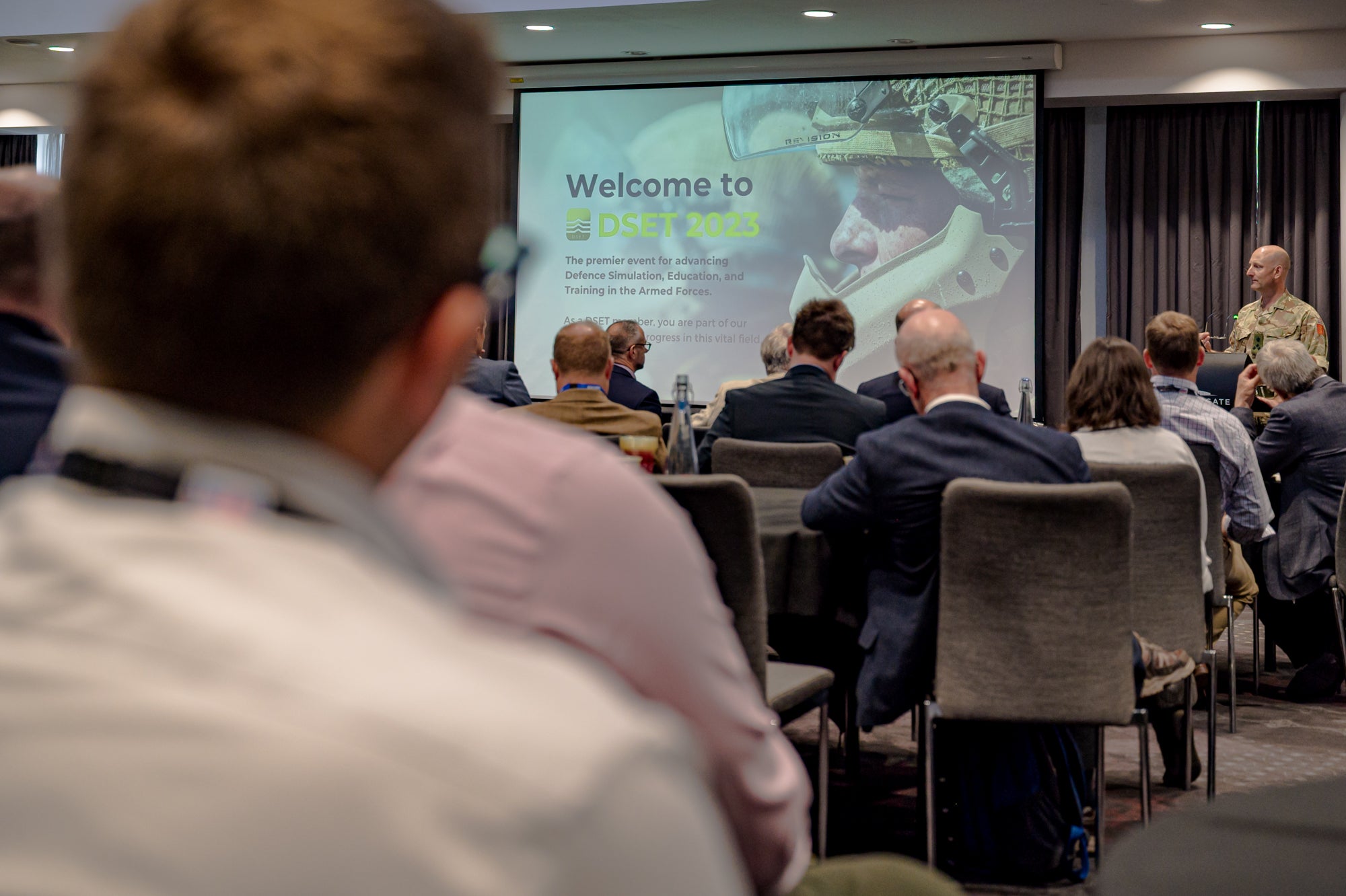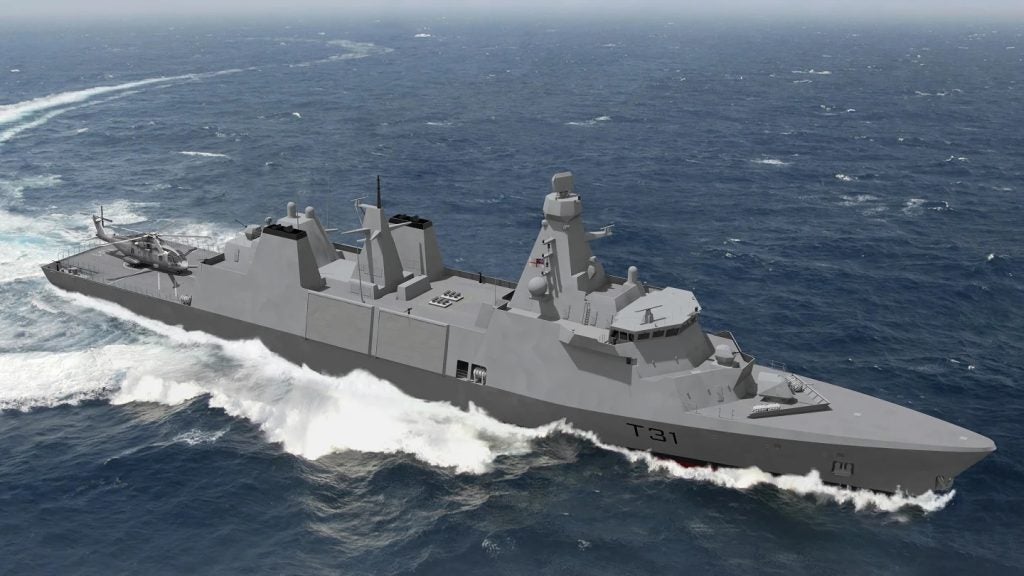
During a recent talk at the Defence Simulation Education Training (DSET) conference, leading experts from various military sectors shared their perspectives on integrating technology in education and training.
Jonathan Searle, from the MOD and Cranfield University, Colonel Colin Thomas from the Land Warfare Centre of the British Army, and Lieutenant CDR Michael Quinn from Navy Command’s Future Training department shed light on the challenges and opportunities associated with leveraging technology for effective learning and skill development.
Defence simulation courses funded by the MOD
In Jonathan Searle, MOD and Cranfield University presentation, Searle highlighted the diverse range of courses and programs available at the Defence Academy of the United Kingdom and Cranfield University.
These courses, funded by the MOD, cater to different levels of expertise and cover topics such as defence simulation, military operational analysis, and defence simulation and modelling.
Searle emphasised the importance of hands-on training in the Simulation and Synthetic Environment Laboratory, which focuses on applying modelling and simulation principles and technologies practically.
Searle emphasized the need to use the right tool for the job and ensure that the education and training align with the specific requirements of different roles and responsibilities within the defence sector.
Esports as an integration of technology
Colonel Colin Thomas focused on the integration of technology in training, particularly in the context of the British Army. He emphasised the need for technology to empower junior personnel and provide easily accessible training simulations.
He discussed the success of the British Army Esports program, which leverages gaming technology to make training simulations popular, practical, and potentially beneficial for future training.
Colonel Thomas highlighted the challenges faced in training, including limited training opportunities, the difficulty of in-unit training, and the high expectations of trainees.
He emphasized the importance of using familiar and enjoyable training simulations and making them easily accessible through gaming hubs. The potential for ongoing development and contractual opportunities in technology-driven training was also discussed.
Optimism for the future of submarine training
Lieutenant CDR Michael Quinn provided insights into the specific challenges and opportunities in submarine training. He discussed the ongoing transition to the Royal Navy Submarine Training Centre and the modernisation of courses.
The Combat System Operator Trainer development and the challenges associated with the transition to new submarine classes were also addressed.
Quinn highlighted the need for operational software to facilitate training development and the importance of a holistic approach to combat system training. He emphasized the challenges of producing consistent training needs analysis and called for improved quality and consistency.
Overall, Lieutenant CDR Quinn expressed optimism about the future of submarine training and the opportunities it presents for industry collaboration.
The talk on technology in education and training provided valuable insights from experts in the field. It emphasized the need for tailored and practical training programs, the importance of defining competencies and educational requirements, and the challenges associated with incorporating technology in training environments.
These discussions pave the way for further technological advancements to enhance learning and skill development within the defence sector.
On the Tuesday at DSET, a keynote speech emphasised the role of wargaming in decision-making and organisational development, as speakers discussed the strategic and tactical benefits.








